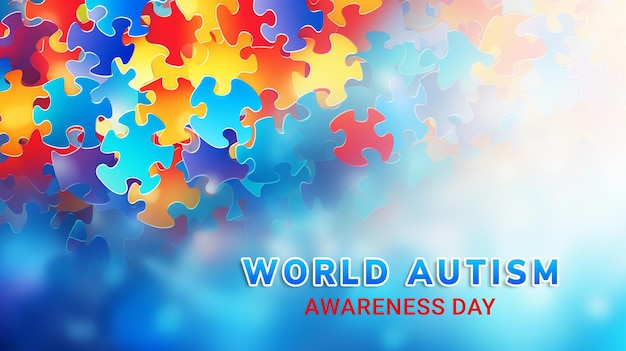Risk Factors for Autism
With around 10-15% of all babies being born with some kind of neurodevelopment disorder, the rise of autism has become a significant concern. The following eight risk factors include both avoidable and unavoidable issues; however, being informed is the first step to protecting your unborn children.
Mycotoxins
“Mycotoxins” might not be a familiar term for many, but extensive research has been conducted on these substances and their effects on both animals and humans. A recent study on American breakfast cereals links mycotoxins in food to autism, particularly increasing the risk in males. Mycotoxins are mold by-products found mainly in grains, coffee, wine, and pork. While the long-term effects are still debated, it’s important to be aware of these potential risks.
C-Sections
Recent studies indicate that babies born via cesarean section have a higher chance of developing autism-related neurodevelopment disorders. This is significant given that nearly one in three babies in the United States is born this way. The controversy stems from the belief that C-Section deliveries, often done before the due date, may contribute to this increased risk. Similarly, medically-induced labor can also heighten the risk of autism spectrum disorders. Every new mother should carefully consider all birthing options before opting for a C-Section.
Maternal Antibodies
A concerning risk factor for unborn children developing neurodevelopment disorders is maternal antibodies. These autoantibodies attach to proteins that influence cognition and other neurological aspects of fetal development. Studies as early as 2008 have linked these autoantibodies to autism, and subsequent research has consistently found them in children with autism. Scientists are now focused on finding ways to separate these antibodies to prevent them from affecting developmental proteins.
Placenta Abnormalities
Recent research has shown that abnormal placental structures are common in children with neurodevelopmental issues like autism. While it’s too early to definitively say these structures cause autism, many hope that checking for placental abnormalities at birth could become a routine procedure to help predict neurodevelopment disorders. Early intervention could be crucial for children with autism spectrum disorder. The study also suggests genetic roots as a cause for these abnormalities.
Smoking
Smoking during pregnancy is known to cause numerous health issues, including respiratory problems and cancer, but it can also increase the risk of autism in children. Pregnant women who smoke have a higher chance of having a child with Asperger’s, an autism spectrum disorder. Although there isn’t a direct link between smoking and autism, there is strong evidence linking smoking to Asperger’s, underscoring another reason to avoid smoking while pregnant.
Air Pollution
Air pollution, known to impact conditions like asthma and organ development, is now also linked to increased autism risks. However, specialists remain hopeful. By improving indoor air quality and reducing outdoor air pollution, we can contribute to a healthier society and potentially lower the risk of autism.
Endocrine Disruptors
Endocrine disruptors, which are prevalent and harmful, are now being linked to autism. Research has found that males are four times more likely than females to be diagnosed with autism spectrum disorders, suggesting a hormonal connection. Endocrine disruptors can interfere with essential developmental chemicals, particularly affecting the thyroid.
Vaccines
The debate over the link between vaccines and autism is contentious. Despite the fear of being labeled an ‘anti-vaxxer,’ many parents are concerned about the number of vaccinations and their potential effects. Studies showing no causal link between vaccines and autism are widely publicized, often influenced by media outlets with pharmaceutical ties. However, some research suggests a connection, such as a 2012 study in Neurochemical Research linking thimerosal in vaccines to brain damage, and a 2011 study in the Journal of Inorganic Chemistry suggesting a causal link between aluminum in vaccines and autism. While vaccines are life-saving, it’s crucial to examine the research thoroughly and consider the ingredients’ impact on neurological development.
One Final Thought
To protect your loved ones from developing autism, you can take positive steps. Whether it’s avoiding endocrine disruptors or maintaining clean air quality at home, taking proactive measures is essential.

